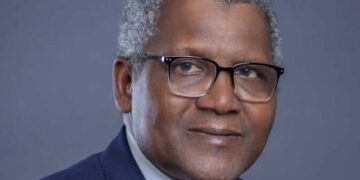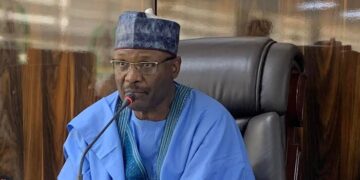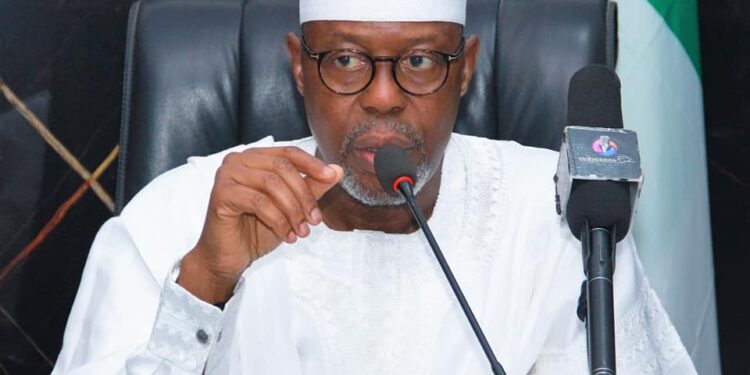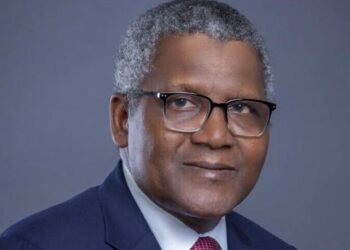The Public Complaints Commission (PCC) held its third plenary session of Commissioners in Abuja, with the Honourable Chief Commissioner, Honourable Bashir Abubakar, MFR, calling on all Federal Commissioners to work together in advancing the Commission’s mandate. He emphasized that “they are here to resolve issues for the good of all.”
The session, which took place on Wednesday, provided an opportunity for Commissioners from across the country to gather and discuss key matters affecting the Commission. In his opening remarks, Honourable Abubakar warmly welcomed the Body of Commissioners and
expressed hope for a productive session. He encouraged participants to engage openly in the discussions, noting that the deliberations should “really reflect the true picture of the situation of things in their various State Offices in particular and the Commission at large and shall also provide for pragmatic resolutions.”
He expressed gratitude for the strong support he has received from the Commissioners since assuming office, stressing the importance of unity and mutual support among colleagues.
Honourable Abubakar also highlighted the positive working relationship between his office and the Commission’s management, staff, and various unions. He attributed this cooperation to a shared belief in his commitment to revitalizing the Commission and addressing longstanding issues, including staff welfare and pending arrears as soon as necessary funds are available.
The plenary addressed several key topics, including preparations for the Commission’s upcoming 50th anniversary in October 2025, ongoing amendments to the PCC Act at the National Assembly, a planned courtesy visit to President Bola Ahmed Tinubu GCFR, and the proposed 2025 promotion examinations.
Held over two days, from Tuesday, July 22nd to Wednesday, July 23rd, 2025, the session concluded with an executive meeting.
As a quarterly event, the plenary brought together Commissioners from all 36 states and the FCT at the Commission’s headquarters to deliberate on matters crucial to the Commission’s operations and future direction.




































